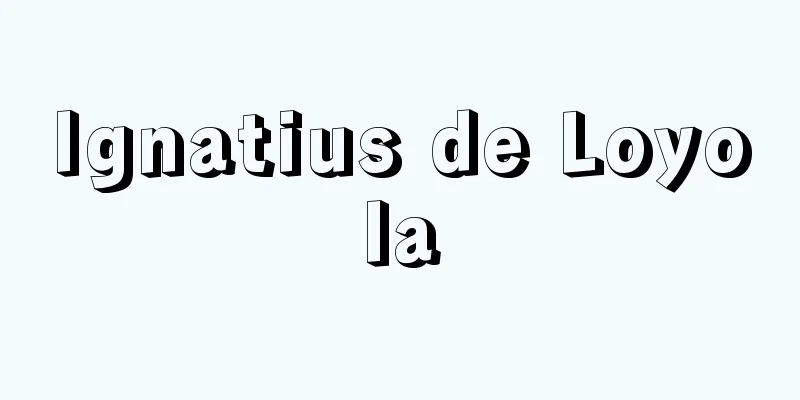Status crime - Mibunhan

|
It is a crime that requires a certain status or state of the perpetrator in order to be established. Case law has interpreted the meaning of "status" as "not limited to sex, domestic or foreign, family relationship, or qualification to be a public official, but generally refers to a special status or state that is the personal relationship of the perpetrator regarding a certain criminal act." Public officials and those who are considered to be public officials by law (referred to as "deemed public officials") are particularly important (such as bribery in Article 197 and subsequent articles of the Penal Code, and abuse of public official authority in Article 193 of the Penal Code). Status crimes include not only disclosure of secrets (Article 134 of the Penal Code), perjury (Article 169 of the Penal Code), abandonment of a person with protective responsibility (Article 218 of the Penal Code), and embezzlement (Article 252 of the Penal Code), but also the habitual nature of the perpetrator in habitual crimes (such as habitual gambling in Article 186, paragraph 1 of the Penal Code) and the purpose of crimes with a purpose (such as kidnapping in Article 225 of the Penal Code). There is a distinction between genuine status crimes and false status crimes. The former are cases where a crime is only constituted when the perpetrator has a certain status, while the latter are cases where the statutory penalty is merely increased or decreased depending on whether or not the perpetrator has a certain status. Bribery (Article 197 of the Penal Code) is an example of the former, and embezzlement in the course of business (Article 253 of the same code) is an example of the latter. [Tetsuro Nawa] Source: Shogakukan Encyclopedia Nipponica About Encyclopedia Nipponica Information | Legend |
|
犯罪が成立するために、行為者の一定の地位または状態を必要とする犯罪をいう。「身分」の意義につき、判例は、「男女の性別、内外国人の別、親族の関係、公務員たるの資格のような関係のみに限らず、総(すべ)て一定の犯罪行為に関する犯人の人的関係である特殊の地位または状態を指称する」と解している。公務員や法律によって公務員とみなされる者(「みなし公務員」という)がとくに重要である(刑法197条以下の収賄罪、同法193条の公務員職権濫用罪など)。この身分犯には、秘密漏示罪(刑法134条)、偽証罪(同法169条)、保護責任者遺棄罪(同法218条)、横領罪(同法252条)などのほか、たとえば、常習犯(同法186条1項の常習賭博(とばく)罪など)における犯人の常習性や、目的犯(同法225条の略取誘拐罪など)における目的なども身分犯の対象となりうる。身分犯には真正身分犯と不真正身分犯の区別があり、前者は行為者が一定の身分を有することによって初めて犯罪を構成する場合であり、後者は身分の有無により法定刑が加重または減軽されるにすぎない場合である。収賄罪(刑法197条)は前者の例であり、業務上横領罪(同法253条)は後者の例である。 [名和鐵郎] 出典 小学館 日本大百科全書(ニッポニカ)日本大百科全書(ニッポニカ)について 情報 | 凡例 |
Recommend
Brzeg - Brzeg (English spelling)
A commercial and industrial city in Opole Voivodes...
Tagawa Suiho
Painter and manga artist. His real name was Takam...
Logic of the Committee
…After World War II, he became the director of th...
Audio - Audio (English)
Originally it is an adjective meaning "audio...
jiwār (English spelling) jiwar
...The active commercial activity linking the Eas...
Anin Shrine
It is located in the Ichinomiya district of Saida...
"Miscellaneous Anatomy Notes"
…An Italian physician. After graduating from the ...
"Harutomi Otsuki" - Harutomi Otsuki
...The diary of Mibu Harutomi from 1446 to 1497 (...
Treatise on Electricity and Magnetism
…In his three papers, On Faraday's Lines of F...
Citrus aurantium; sour orange
An evergreen small tree of the Rutaceae family. Na...
Pteromys
...Also known as Bandori or Momo. A general term ...
Sheathed bacteria
Also read as "shosaikin." Bacteria whose...
de Rham, GW (English spelling) deRhamGW
…Now, a differential form can be integrated in a ...
Ligustrum lucidum (English spelling) Ligustrum lucidum
… [Toshio Hamatani]. … *Some of the terminology t...
Regular etiquette - Reijisahou
A Buddhist term. A ceremony held every evening at ...



![Kosai [city] - Kosai](/upload/images/67cb9304dd075.webp)





